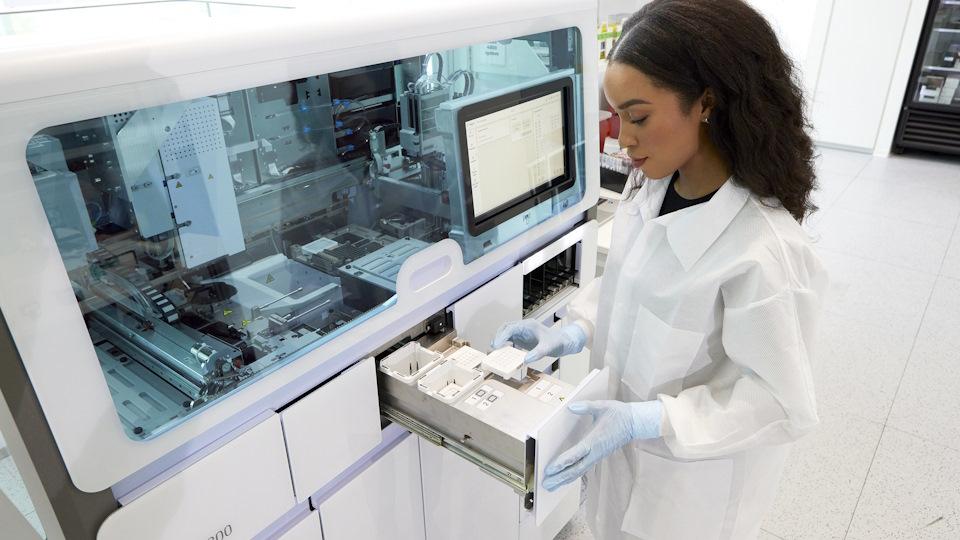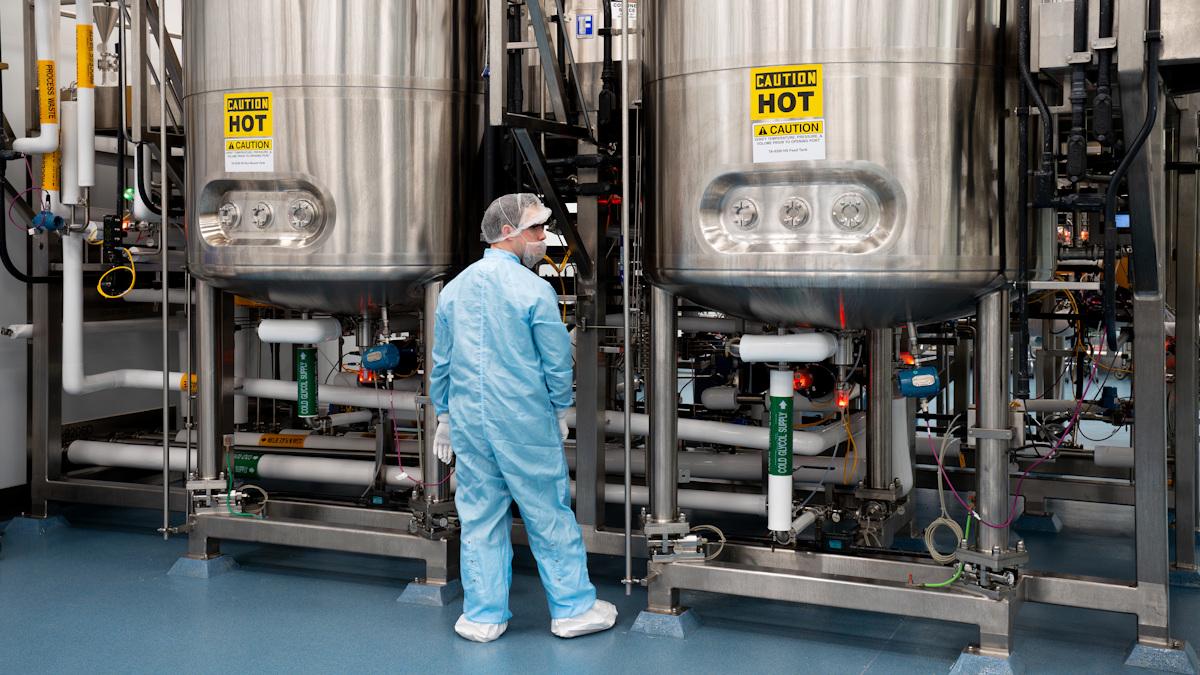FDA clears Roche self-collection system for HPV screening

Roche Diagnostics' cobas 5800 system
The US FDA has approved a human papillomavirus (HPV) self-sampling solution developed by Roche that allows patients to collect a sample themselves in a healthcare setting.
The company says that the new kit offers an accessible option that can help overcome obstacles to HPV screening, which can help identify women who are at risk of developing cervical cancer so that the disease can be found and treated early before it has a chance to spread.
The kit is used at a clinic after the patient receives instructions from a healthcare worker, and the swab is then sent for laboratory testing using Roche’s cobas HPV test. It offers an alternative to more invasive clinician collection procedures, but still provides accurate and reliable results, according to the pharma group.
Roche notes that more than half the patients diagnosed with cervical cancer in the US have never been screened or have only been screened infrequently. That situation stems from a number of factors, but access to healthcare, social and economic barriers, a history of trauma, cultural concerns, and embarrassment can all play a role.
“With vaccinations, innovative diagnostic tools, and screening programmes, achieving the WHO’s goal of eliminating cervical cancer by 2030 is within reach,” said Matt Sause, chief executive of Roche Diagnostics.
“Our HPV self-collection solution helps support this goal by reducing barriers and providing access to HPV screening by allowing people to privately collect their own sample for HPV testing.”
The combination of self-collection and Roche’s cobas HPV test can identify 14 genotypes of HPV, which is thought to be the cause of more than 99% of cases of the cancer, while the conventional approach of pap smear testing looks for abnormalities in the cells of the cervix.
The cobas HPV assay is used for HPV primary screening, co-testing with pap smears, and for triage of women with cervical cell abnormalities to assess the risk for cervical pre-cancer and cancer.
The self-sampling solution was approved in 2022 for HPV screening in countries accepting the EU’s CE Mark for medical devices.
Despite the availability of HPV vaccines for almost two decades, cervical cancer is the fourth most common cancer in women globally, with around 660,000 new cases and around 350,000 deaths in 2022, according to WHO figures, with the highest incidence and mortality seen in low- and middle-income countries. The disease can be cured if diagnosed at an early stage and treated promptly.













